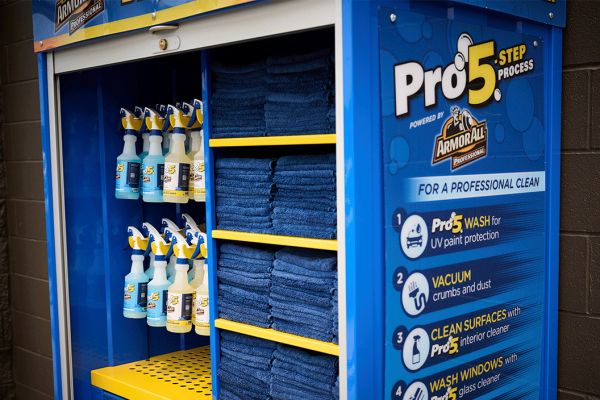Save $ on your next car wash!GET OFFERS

Take 5 Car Wash
OUR WASHES
FOR ULTIMATE PROTECTION

Pre Soak
Shampoo Wash
Spot-Free Rinse
Tire Soak
Tri-Foam Conditioner
Rust Prevent
Power Foam Wash
Wax Protect
Rain Repel
Armor All Tire Shine
Armor All Ceramic Shield
Powered by

Pre Soak
Shampoo Wash
Spot-Free Rinse
Tire Soak
Tri-Foam Conditioner
Rust Prevent
Power Foam Wash
Wax Protect
Rain Repel
Armor All Tire Shine
Armor All Ceramic Shield
Powered by
Triple Clean
Pre Soak
Shampoo Wash
Spot-Free Rinse
Tire Soak
Tri-Foam Conditioner
Rust Prevent
Power Foam Wash
Wax Protect
Rain Repel
Armor All Tire Shine
Armor All Ceramic Shield
Powered by


COMPLIMENTARY PRO5™ DETAIL CENTER
Exclusively at Take 5 Car Wash, enjoy complimentary access to our Pro5™ Detail Center powered by Armor All Professional®
DONT ASK THE BIRDS...
Here’s what our neighbors have to say!












